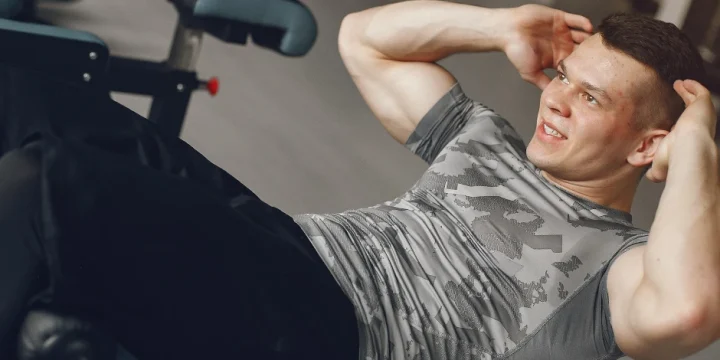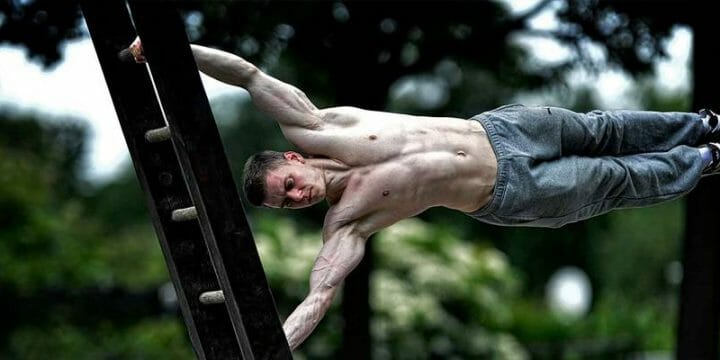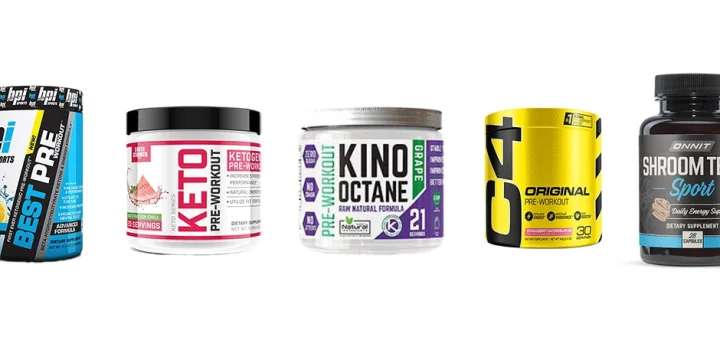Are you starting a keto journey but unsure about which supplements to include?
As a coach, I've had clients and readers who adopted the keto diet and wanted to know the best supplements they could integrate into their daily routines.
After thorough research, I found Thomas DeLauer, a top personal trainer and keto expert, who recommends effective supplements for keto enthusiasts.
Read on and discover DeLauer's supplement list to maximize your diet's effectiveness.
Thomas DeLauer's Supplements List

The keto diet is very low-carb, sugar-free, and high-fat, similar to Atkins and low-net-carbs diets. By significantly reducing carbs and increasing fat intake, the keto diet shifts your body into ketosis, a metabolic state where fat becomes the primary energy source.
Following a ketogenic diet may lead to a deficiency in essential nutrients, which is why Thomas DeLauer advises supplementing to fill these gaps.
To maximize the benefits of these supplements on a keto diet, it's crucial to consider personalized supplement strategies, tailoring intake to individual health goals, activity levels, and dietary restrictions, ensuring a more targeted and effective approach.
It's also important to address the long-term effects and considerations of taking these supplements, including potential risks and the importance of sustained, balanced usage. Here are the best supplements that Thomas DeLauer recommends when on a ketogenic diet.
Related: Dave Asprey’s Supplements List
Magnesium
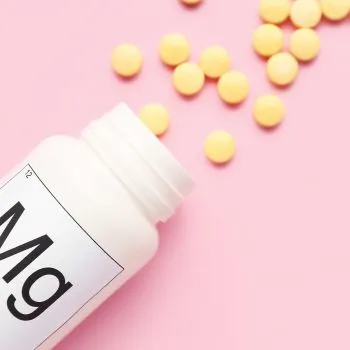
Magnesium is a mineral that is necessary for your body's wellness. Magnesium is a cofactor in many enzyme activities and is essential for many physiological processes, according to the Clinical Kidney Journal [1].
From my experience, when I started keto, I noticed more muscle cramps and headaches, a sign of magnesium loss.
Thomas DeLauer recommends magnesium supplements on a keto diet to balance cellular calcium and magnesium levels, helping to reduce anxiety and promote calmness.
Vitamin K2 (MK-7)
In my coaching journey, I've seen clients struggle with inflammation, often due to Vitamin K2 deficiency.
Adding Vitamin K2 supplements, especially MK-7, significantly helped reduce their inflammation. Vitamin K2 suppresses the pro-inflammatory iNOS enzyme in the brain's immune system and spinal cord [2].
Whole-food organic keto sources of vitamin K2 comprise natto and water kefir or coconut; however, enough amounts from these two sources might be difficult to get.
DeLauer suggests looking for the MK-7 type of this vitamin in supplement form since it supports bone health and strength while increasing weight loss and bone mineral density.
Collagen
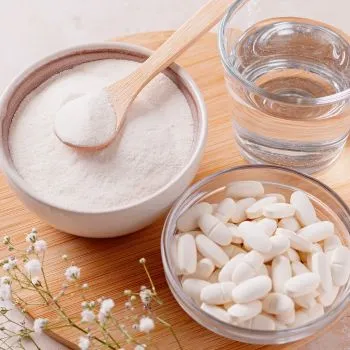
Collagen peptides, recommended by Thomas DeLauer, are beneficial for those on a keto diet to enhance protein intake.
They play a vital role in strengthening hair, skin, and nails, supporting bone and joint health, reducing inflammation, and maintaining gut health, according to the Polymers [3].
Personally, incorporating collagen peptides into my keto diet was a game-changer. It not only enhanced my protein intake but also noticeably improved my hair, skin, and joint health.
"With keto, you lose muscle glycogen, making joints dry out and inducing joint pain. Collagen contributes to boosting our overall lack of joint pain."
- Thomas DeLauer, Celebrity Fitness & Nutrition Expert
Read More: Best Collagen Supplements 2025
Chlorella
Chlorella, a nutrient-dense supplement, surpasses many keto-friendly foods like broccoli and spinach in nutritional value. It's beneficial for keto dieters due to its ability to bind heavy metals, enhance insulin sensitivity, and support gut health.
Rich in amino acids, vitamins, and phytonutrients, chlorella also helps in reducing heavy metal accumulation in the body [4].
Adding chlorella to my keto regimen made a noticeable difference, especially in boosting my gut health and insulin sensitivity, something I often recommend to my clients.
Vitamin D3
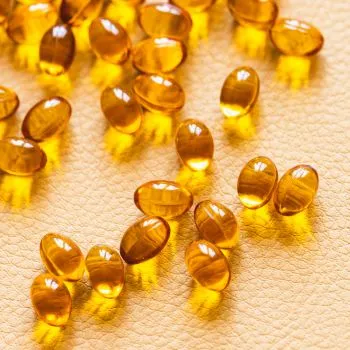
Adequate vitamin D is crucial, especially for keto dieters, as it aids in calcium absorption, which can be lower in this diet.
According to the Journal of Pharmacology and Pharmacotherapeutics, it's vital for immune support, cellular growth, bone health, and reducing inflammation, making it an essential supplement for overall well-being [5].
Ensuring sufficient vitamin D intake was key for me while on keto, particularly for maintaining bone health and immune function, areas often overlooked in this diet.
Because few foods contain this essential vitamin, Thomas DeLauer suggests taking vitamin D supplements to guarantee adequate absorption.
Also Read: Best Vitamin D3 and K2 Supplements
Omega-3
Omega-3 fatty acids are polyunsaturated fatty acids (PUFA). Omega-3 fatty acids are abundant in some fatty seafood and eggs and can also be found in plants such as nuts and seeds.
Consuming adequate omega-3s on a keto diet has been shown in studies to have health advantages, including preventing body weight gain [6].
In my experience, supplementing with omega-3s, alongside keto-friendly sources like fatty fish, significantly improved my overall health, particularly in reducing inflammation.
According to one study published in PubMed Central, participants who ate more omega-3 fatty acids on a keto diet had lower insulin, lipid, and inflammatory levels [7].
Learn More: Best Omega 3 Supplements 2025
Curcumin
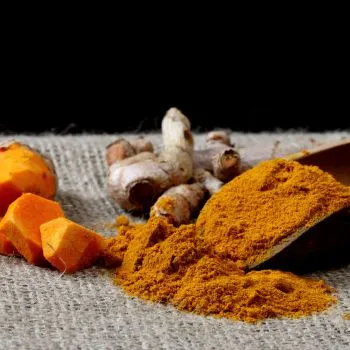
Curcumin, known for its anti-inflammatory properties, can alleviate anxiety and depression symptoms, particularly beneficial for those on a keto diet.
Its ability to reduce inflammation offers multiple health benefits, such as easing symptoms of autoimmune diseases, potentially preventing cancer, and providing pain relief [8].
Integrating curcumin into my keto lifestyle was transformative, especially in managing inflammation and enhancing mood, a tip I often share with my clients.
If you're attempting to lose weight on the Keto diet, using Turmeric and black pepper in your food can have significant health benefits.
FAQs
Which Supplements Work Best?
The supplements that work best are multivitamins, fish oil, magnesium, probiotics, and vitamin D.
What Vitamins Should You Take First Thing in the Morning?
The vitamins you should take first thing in the morning are vitamin B12 and vitamin D. They aid in preventing exhaustion and weakness and provide other health advantages, such as lowering the risk of anemia and chronic diseases.
What Supplement Makes You the Strongest?
The supplements that make you the strongest are whey protein powder, creatine monohydrate, beta-hydroxy-beta-methylbutyrate (HMB), essential amino acids (EAA), and beta-alanine.
References:
- https://www.ncbi.nlm.nih.gov/pmc/articles/PMC4455825/
- https://pubmed.ncbi.nlm.nih.gov/21072493/
- https://www.ncbi.nlm.nih.gov/pmc/articles/PMC8620403/
- https://www.ncbi.nlm.nih.gov/pmc/articles/PMC2788181/
- https://www.ncbi.nlm.nih.gov/pmc/articles/PMC3356951/
- https://www.ncbi.nlm.nih.gov/pmc/articles/PMC4808858/
- https://www.ncbi.nlm.nih.gov/pmc/articles/PMC4344614/
- https://www.ncbi.nlm.nih.gov/pmc/articles/PMC5664031/
About The Author
You May Also Like

